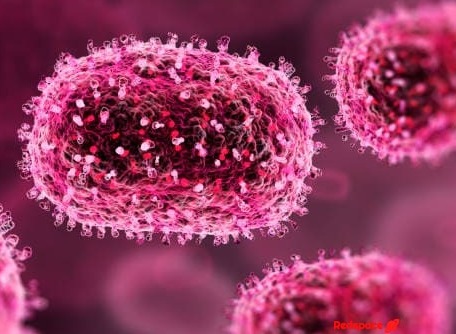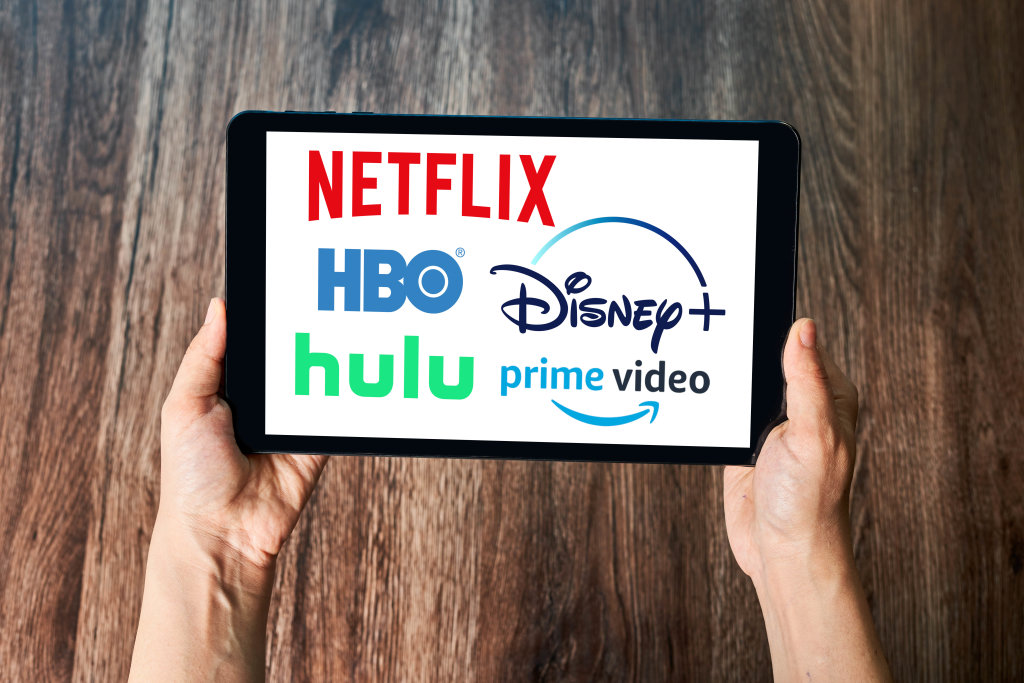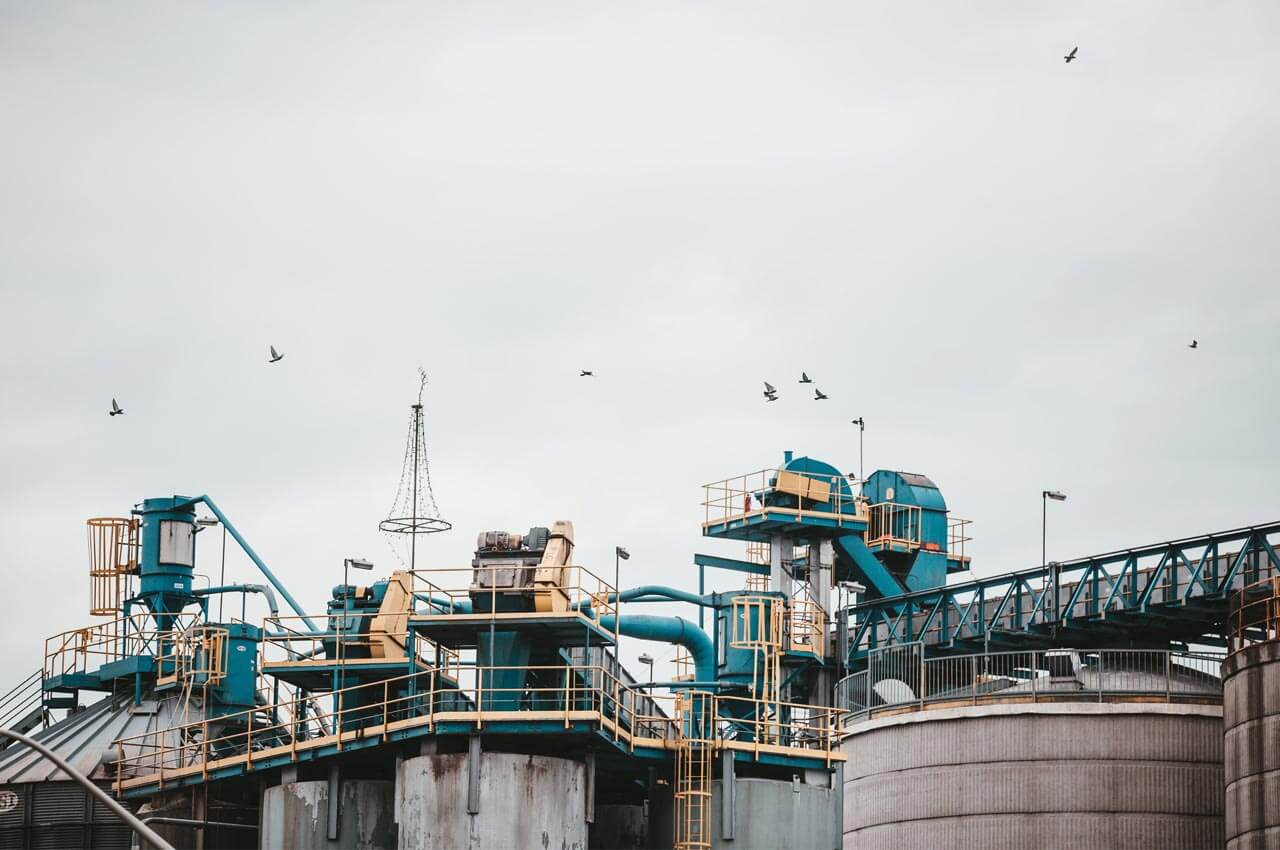it is important to note that the risks associated with protein drinks can vary depending on factors such as an individual’s overall health, existing medical conditions, and the specific brand or type of protein drink consumed. It is always advisable to consult with a healthcare professional or a registered dietitian before incorporating protein drinks into your diet, especially if you have any underlying health concerns.
here are some more details about the potential risks of protein drinks:
Kidney damage: Protein drinks can put a strain on the kidneys, especially for people who already have kidney problems. This is because the kidneys have to work harder to filter out the excess protein. In some cases, this can lead to kidney damage.
Liver damage: Protein drinks can also put a strain on the liver, especially for people who already have liver problems. This is because the liver has to work harder to process the excess protein. In some cases, this can lead to liver damage.

Weight gain: Protein drinks can be high in calories and sugar, which can lead to weight gain. This is especially true if you are using protein drinks as a meal replacement.
Expensive: Protein drinks can be expensive, especially if you are using them on a regular basis.
It is important to note that these are just the potential risks of protein drinks. Not everyone who drinks protein drinks will experience these risks. However, it is important to be aware of the risks before you start using protein drinks.
f you are considering using protein drinks, it is important to talk to your doctor first. They can help you assess your individual risk and make sure that protein drinks are safe for you.
Here are some additional tips for using protein drinks safely:
Choose a protein drink that is low in calories and sugar.
Choose a protein drink that is made with natural ingredients.
Choose a protein drink that is free of artificial sweeteners and flavors.
Start with a small amount and gradually increase the amount you drink as needed.
Do not use protein drinks as a meal replacement.
Drink protein drinks with water or unsweetened milk.
Remember, moderation and balance are key. Protein drinks should complement a healthy and balanced diet, rather than replace whole foods. It is always best to prioritize whole, nutrient-rich foods as the main source of protein and consult a healthcare professional to determine the most suitable dietary choices for your specific needs.














